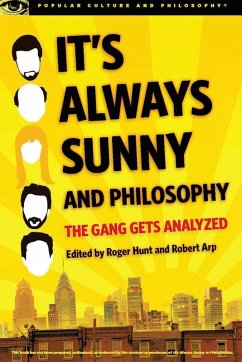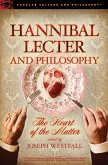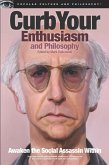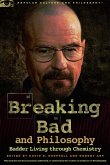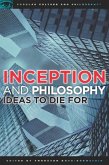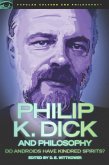Philosophers wittily and expertly uncover amazing philosophical insights from the endlessly fascinating TV show, It's Always Sunny in Philadelphia. Littmann shows how the values of the gang are the same as those of Homeric heroes. Ketcham argues that the Church should make Charlie a saint, partly because It's Always Sunny is "all about free will." Hamer shows how closely the gang's activities comply with the scientific method. Alkema and Barkman analyze the way the gang perceives happiness and how they try to get it. Leonard proves beyond doubt that the game of Chardee MacDennis reveals everyone's unconscious desires. King examines the morality of the gang's behavior by the standard of how they respond to extreme suffering. Chambers agrees that each of the five central characters is a terrible person, but argues that, given their circumstances, they are not truly to blame for their actions. Tanswell demonstrates that many of the gang's wrong actions result not from immoral motives but from illogical thinking. Aylesworth uses examples from It's Always Sunny to bring out some of the moral problems with real consent to sex. Jones reveals that Nietzsche foresaw everything the gang at Paddy's Pub would do.
Dieser Download kann aus rechtlichen Gründen nur mit Rechnungsadresse in A, D ausgeliefert werden.

